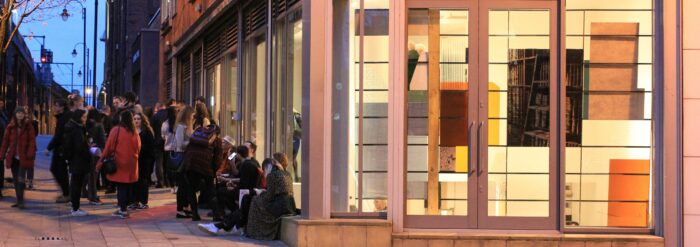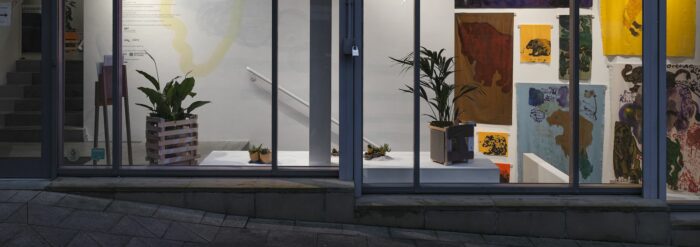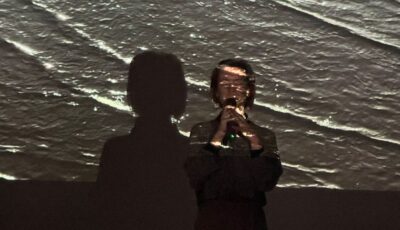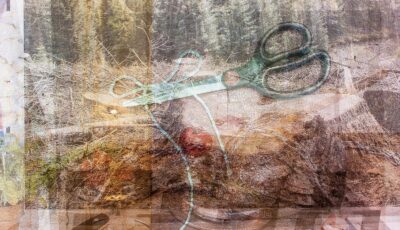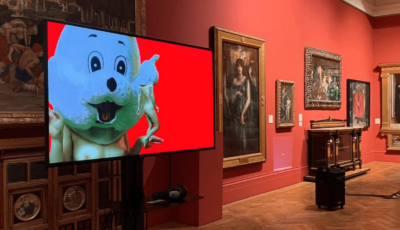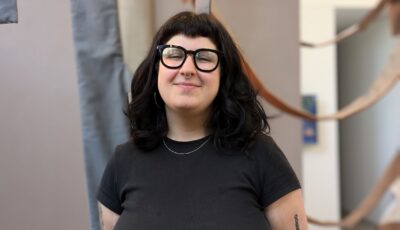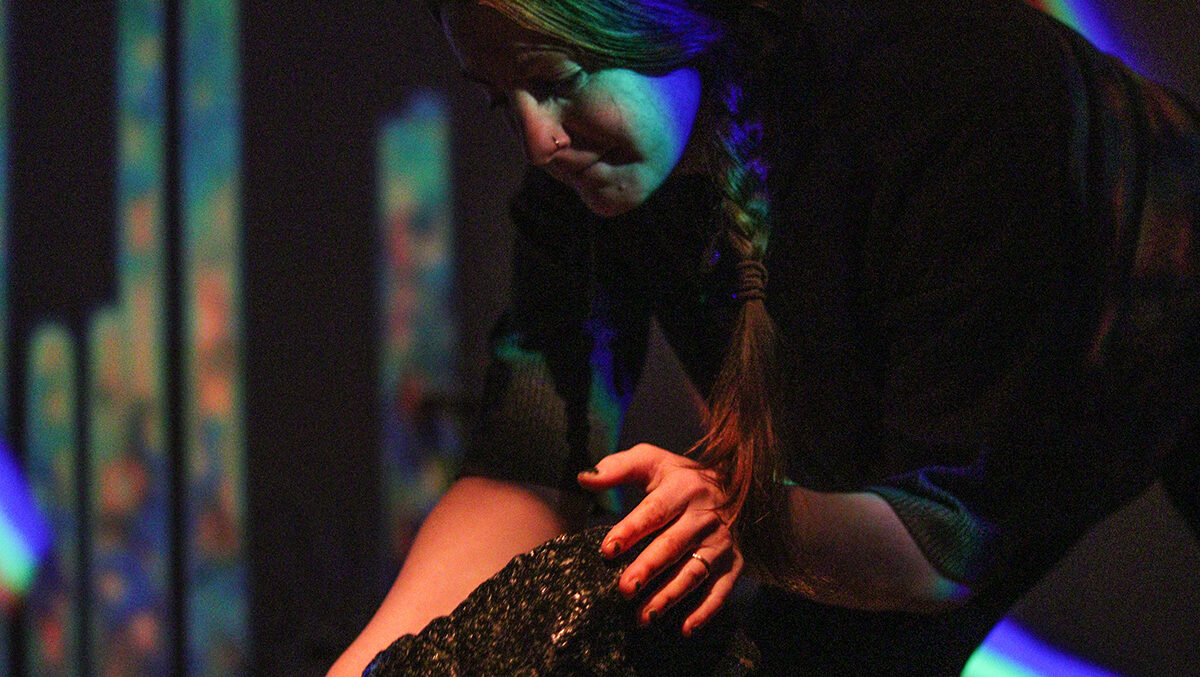
Spotlight: Artists and Sustainability – Kelly Jayne Jones
Posted on 29 April 2022
Kelly Jayne Jones, an artist who recently developed new work for Castlefield Gallery’s Archives at Play exhibition, is passionate about climate justice. Her practice spans, sonic installations, immersive environments and participatory workshops. Underpinning her work is a concern with our relationship to the planet and the spiritual crisis we find ourselves in.
In what ways do you feel your work might relate to issues of climate change and sustainability, in the content of the work, its narrative, conceptually or theoretically. How might it speak to or challenge public discourse?
It depends on the platform, I do a lot of different things and not every project has the opportunity to speak about the climate crisis, but if I get the chance to, and it makes sense to the work, I am pretty full on into looking at the way we are living and behaving on this precious planet, mother earth, Gaia. I believe we are committing short sighted acts of self harm by harming the planet and the beings we temporarily share spacetime with. I often use direct ways to give voice to this, for example, by using vocal fragments in sonic works and /or mini publications, or run workshops inspired by Joanna Macy and the Work that Reconnects and sonic meditations in nature.
With regards the materials, processes and techniques you use to produce your work, are there any practical decisions you make with regards climate change and sustainability?
I mostly use found objects, second hand objects, rocks and sonic technology. I tend to reuse things again and again. However there are times I can’t do that, specifically I often use mylar in my installations or sound works. Mylar is the shiny mirrored plastic used in biscuit and crisp wrappers. I try to reuse it as much as possible but I am also looking to find a similar material that is more sustainable. At the moment I am going through a process of refusing to buy plastic, the mylar is made from polyethylene terephthalate and it is not readily recyclable in my area. Even when we do recycle we have no real confidence it is being recycled, there have been many news stories about the UK selling our plastic to other countries to dispose of and it isn’t always recycled, sometimes just burned. We have to start accounting for everything we consume and not just put it into the magical black whole bin.
In general, how do you feel galleries, art spaces, artworks and artists, might be able to contribute, what if any role do you feel they can play in a progressive conversation?
It is great Castlefield Gallery are doing these interviews! Galleries and museums have an excellent public platform to speak about the climate crisis. I feel they are spaces to be used to educate and to invite dialogue and conversation about the current planetary crisis, to lean into the difficulty of learning the vocabulary around climate grief. It can filter through in small messages from using environmentally friendly materials to hosting talks and performances that explore themes of the climate crisis. Also, I believe by working together with artists and communities galleries can creatively envision a hopeful future, sharing ways we could live in harmony with the planet rather than the current complex growth model that dominates industrial societies across the globe. That would be really exciting. We need artists to envisage another possible future, alongside scientists, to really delve into what that could look and feel like – the ways we could grow food, occupy architecture – how could they creatively play a role in awakening people? I have so many ideas!
Are there any tips or advice, anything you have learnt you might want to share with other artists or our audiences?
I think we are being so let down by governments across the globe, that we, as communities, need to take responsibility for ourselves, our waste and our ways of living. We need to radically change the ways we live and interact in a short space of time, a lot of people say it is perhaps already too late. I would encourage partaking in a Work That Reconnects workshop, they are happening online and in person a lot of the time: https://workthatreconnects.org/ I would also recommend reading Animate Earth: Science, Intuition and Gaia by Stephan Harding. He has some incredible recommendations of connecting deeply to ourselves by slowing down our pace to notice the magic of the animals, plants and trees, rocks, minerals we have surrounding us. Finally, make a review of the areas in your life you could make changes and share tips with your friends, start the conversation, how do we do this? A friend shared with me this site for recycling the things you can’t in your home waste: https://www.recyclenow.com/recycle-an-item
Image: Kelly Jayne Jones, Nature, Archive, Anarchy, 2022. Courtesy Beth Clark.
